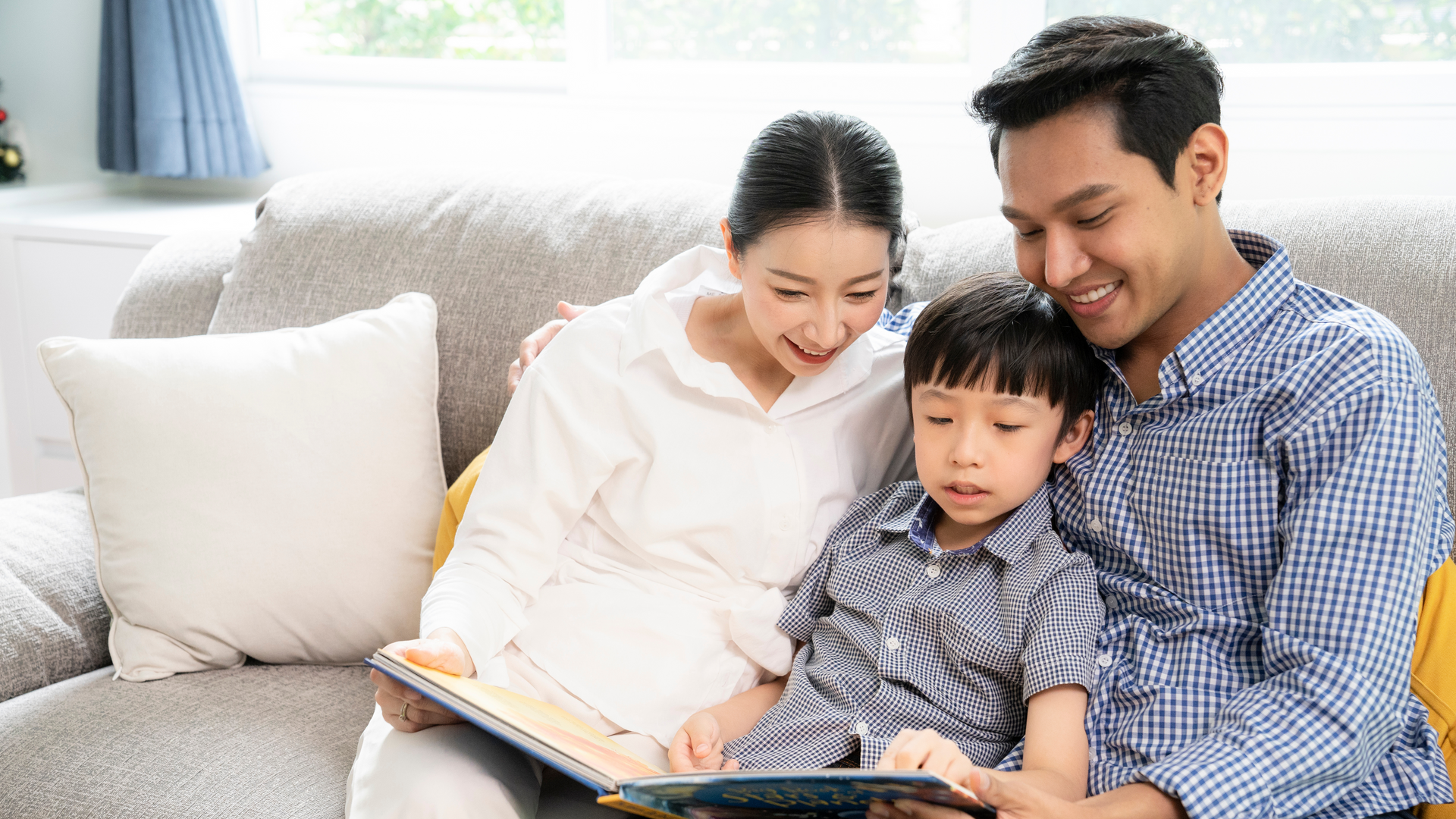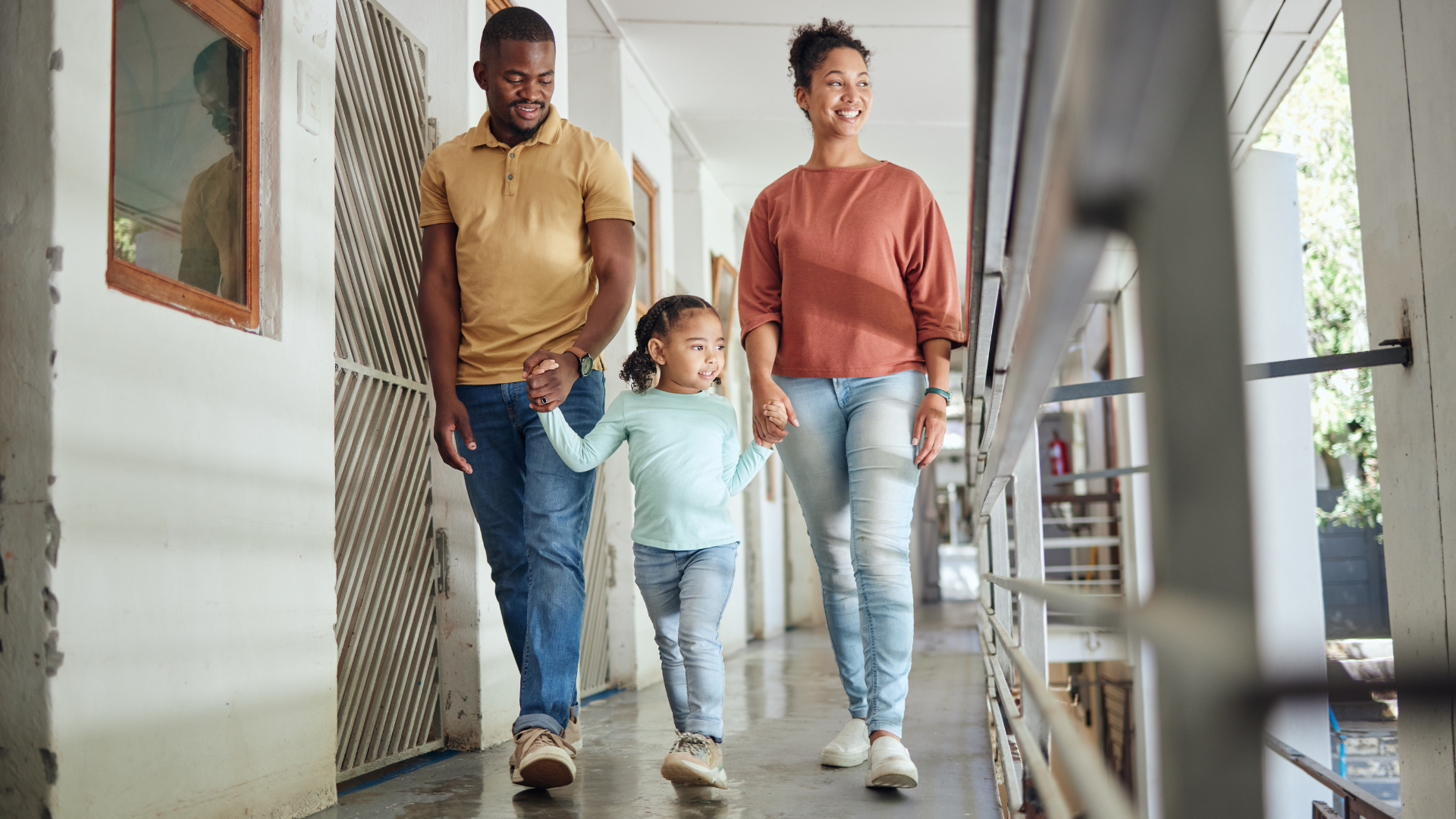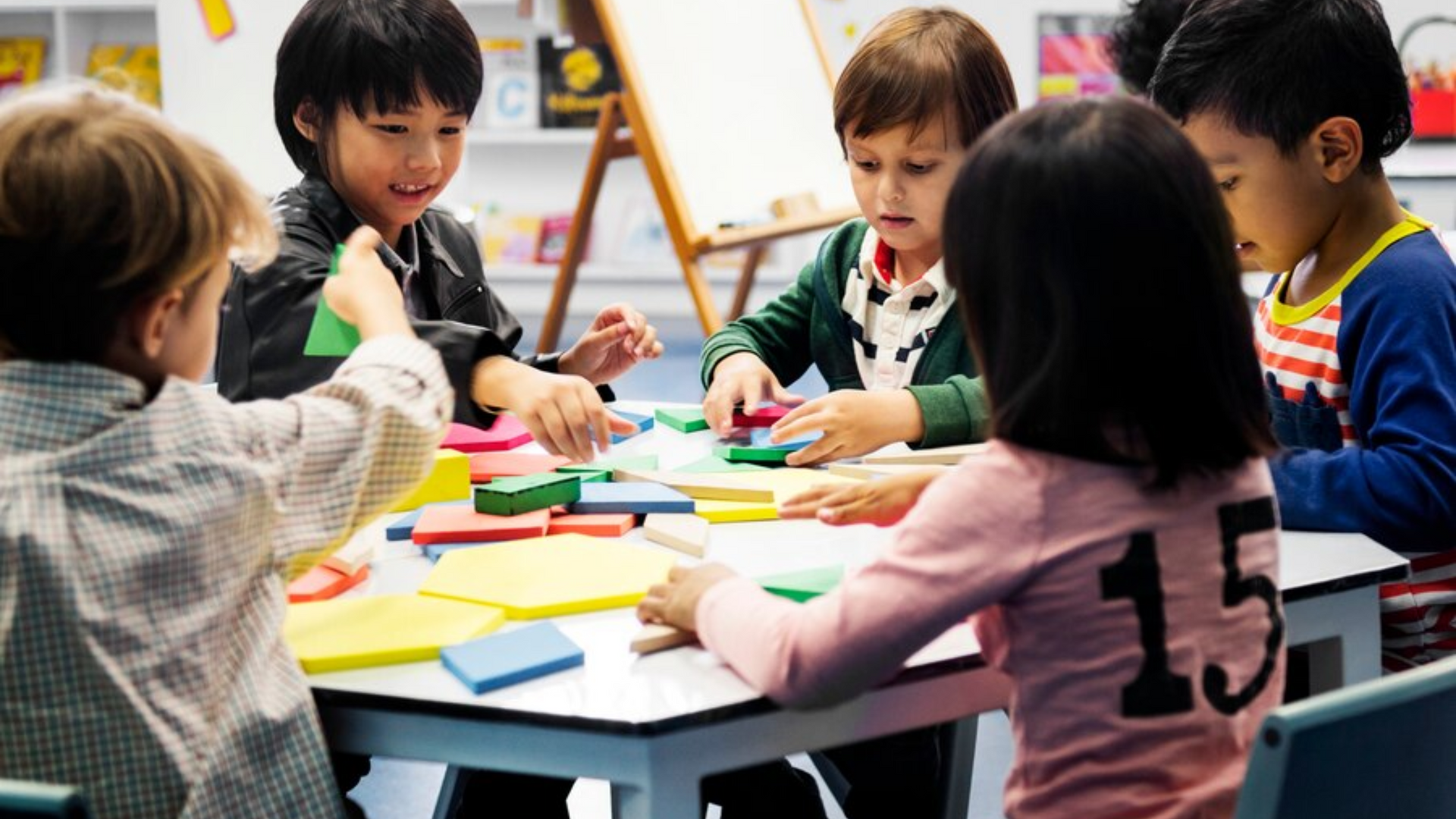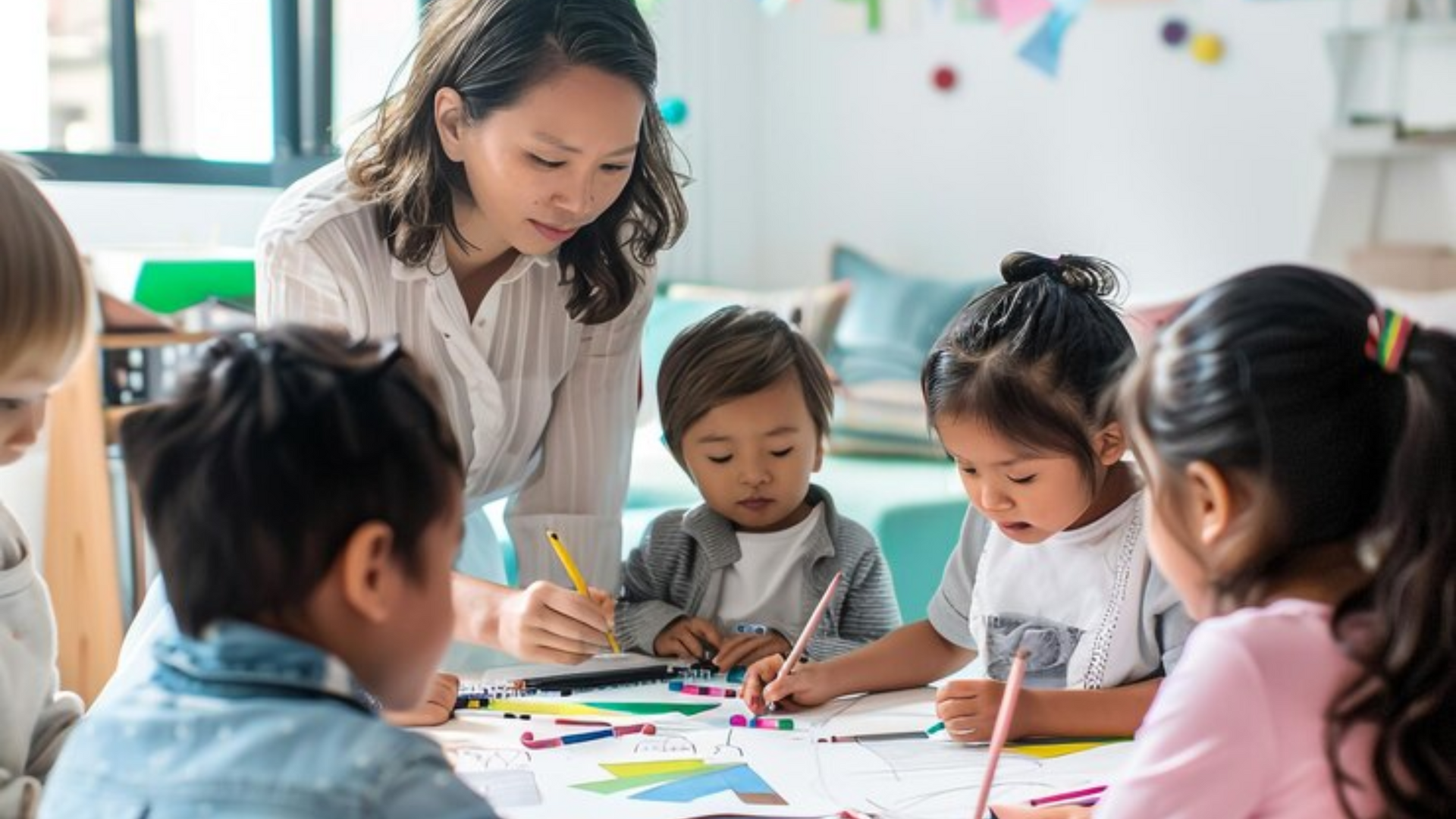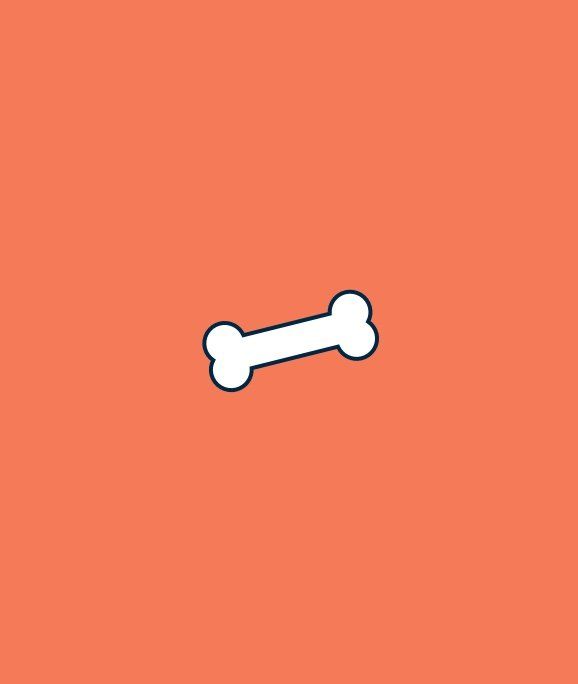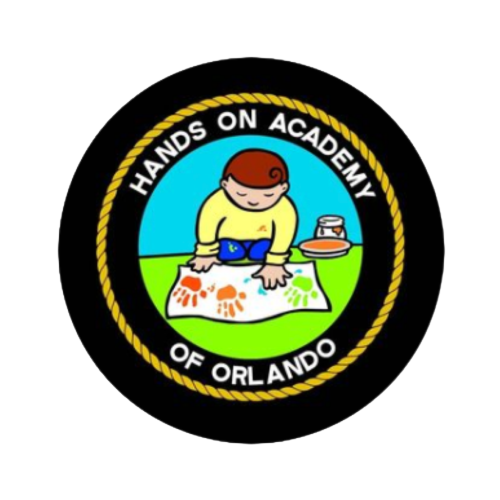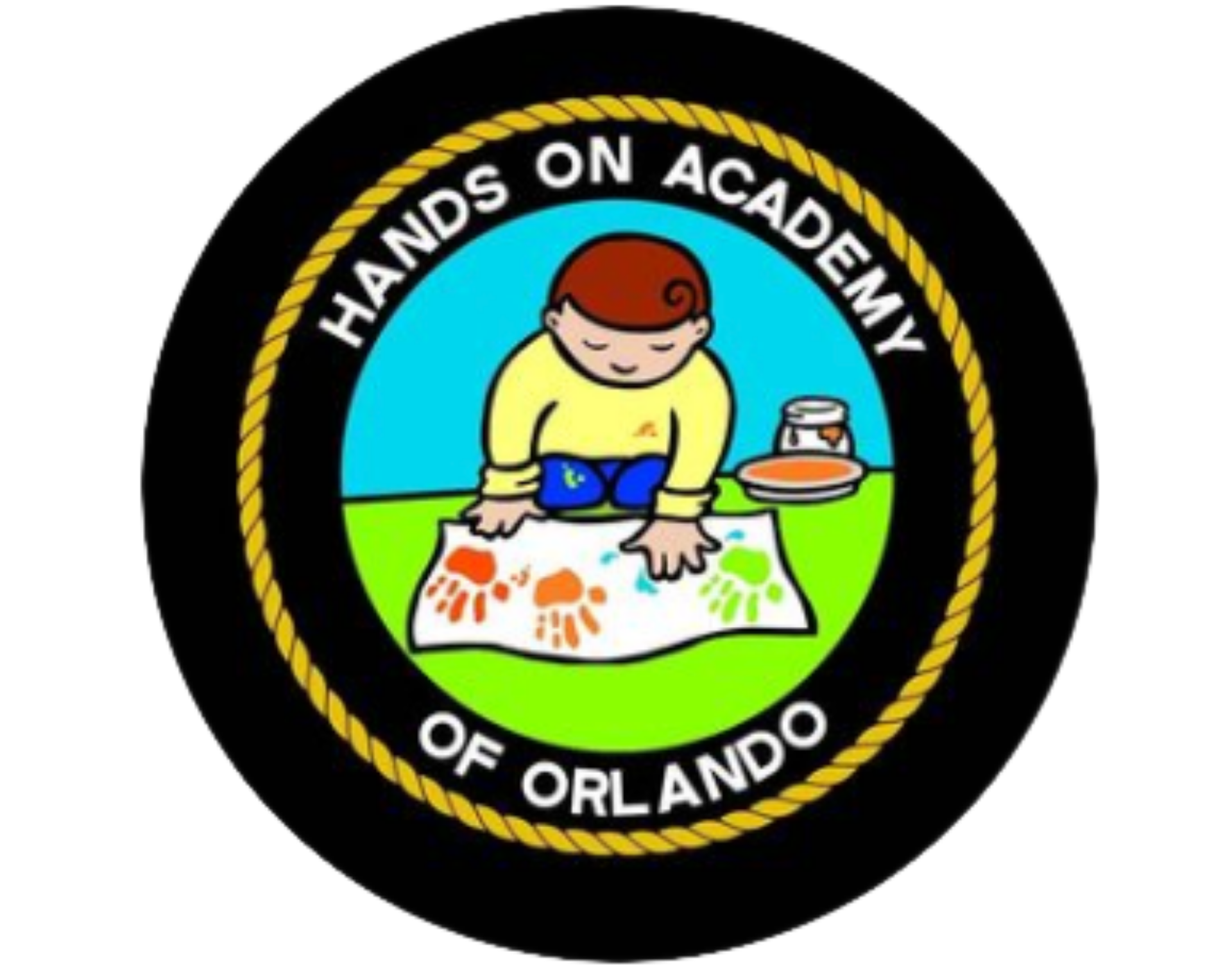Preparing for Kindergarten: How Our VPK Program Sets the Foundation

As children approach the age where kindergarten is just around the corner, parents often feel a mix of excitement and nervousness. Is my child ready? What can I do to help them succeed? These are common questions that many parents have when it comes to preparing their child for kindergarten. At Hands-On Academy of Orlando, we understand how important this transition is, which is why our Voluntary Prekindergarten (VPK) program is specifically designed to set children up for success as they step into their next big educational milestone.
Our VPK program focuses on providing a comprehensive, well-rounded foundation that prepares children for kindergarten and beyond. By blending structured learning with play-based activities, we ensure that every child who enters our VPK program is not only academically ready but also socially and emotionally prepared for the challenges and joys of school.
What is the VPK Program?
The Voluntary Prekindergarten (VPK) program is a state-funded initiative in Florida designed to provide free early childhood education to children before they enter kindergarten. The program is designed to give children the academic, social, and emotional foundation they need to succeed in school and beyond.
At Hands-On Academy, our VPK program is structured around a developmentally appropriate curriculum that promotes essential skills like literacy, numeracy, socialization, and problem-solving. Our program ensures that children are not just prepared for kindergarten academically but are also equipped with the tools to thrive socially and emotionally in a classroom environment.
Key Elements of Our VPK Program
Our VPK program is carefully designed to address all aspects of a child's development. Through a combination of structured lessons, hands-on activities, and social interactions, we focus on the following key areas:
1. Literacy and Language Skills
A key component of the VPK program is building strong literacy and language skills. We focus on fostering a love for reading by introducing children to a variety of books and engaging stories. Early literacy skills, such as letter recognition, phonics, and vocabulary development, are incorporated into every aspect of the program.
Children participate in daily read-aloud sessions where they have the chance to listen to stories and interact with the text. They learn to recognize letters, sounds, and sight words while expanding their vocabulary. Activities like singing songs, rhyming, and storytelling further support language development, helping children gain the skills needed for successful reading and writing in kindergarten.
2. Mathematical Thinking and Problem-Solving
In our VPK program, we introduce children to fundamental math concepts in a way that is both fun and interactive. Through games, hands-on activities, and group discussions, children explore concepts such as counting, number recognition, shapes, and basic addition and subtraction.
We use everyday objects like counting blocks, puzzles, and educational games to teach mathematical thinking in a tangible, accessible way. These activities not only help children build a strong math foundation but also encourage problem-solving skills and critical thinking, which are essential for success in both kindergarten and future academic endeavors.
3. Social and Emotional Development
One of the most important aspects of our VPK program is preparing children to interact with others in a positive and constructive manner. Social and emotional development is integral to success in school, and we emphasize activities that promote self-regulation, empathy, communication, and cooperation.
Through group activities, collaborative projects, and structured play, children learn to navigate social interactions, resolve conflicts, and express their emotions in healthy ways. Teachers guide children in understanding their feelings, identifying emotions, and using appropriate strategies for managing frustration or excitement. By fostering emotional intelligence, we equip children with the tools they need to handle the social dynamics of kindergarten.
4. Physical Development
In our VPK program, physical development is nurtured through a balance of active play and quiet time. We provide opportunities for children to engage in activities that develop both their fine and gross motor skills.
Children participate in outdoor play, where they run, jump, climb, and engage in activities that build coordination, balance, and strength. Inside the classroom, activities such as drawing, cutting, building, and using manipulatives help develop fine motor skills, improving hand-eye coordination and dexterity. These physical activities not only promote healthy development but also encourage children to stay active and learn the importance of physical fitness.
5. Creativity and Imagination
Creativity is another cornerstone of our VPK program. We encourage children to explore their imagination through art, music, and dramatic play. Whether it’s painting a picture, acting out a story, or creating a new world with blocks, these activities foster creativity, self-expression, and cognitive flexibility.
Children are given the opportunity to use various materials to create art projects, design structures, and role-play different scenarios. These activities encourage children to think critically, solve problems, and explore their own ideas in a supportive and inspiring environment.
How Our VPK Program Prepares Children for Kindergarten
Our VPK program goes beyond simply teaching academic skills—it prepares children to be confident, independent learners who are ready to take on the challenges of kindergarten. Here’s how:
1. Encouraging Independence
At Hands-On Academy, we recognize that independence is a crucial skill for kindergarten. Our VPK program is designed to help children develop the confidence to make decisions, solve problems, and take responsibility for their own actions.
From learning how to take care of personal belongings to following simple classroom routines, children in our VPK program are encouraged to be independent in both their work and play. They learn to manage their time, complete tasks, and ask for help when needed. This sense of autonomy ensures that children feel confident and capable when they transition to kindergarten.
2. Fostering a Love for Learning
One of the key aspects of our VPK program is instilling a lifelong love for learning. By providing a variety of hands-on, engaging activities, we make learning fun and exciting. Whether it’s experimenting with science, engaging in creative arts, or building with blocks, every activity is designed to spark curiosity and encourage children to explore.
This excitement for learning carries over into kindergarten, where children are more likely to approach new subjects with enthusiasm and curiosity. By making learning enjoyable and interactive, we ensure that children develop a positive attitude toward school that will stay with them throughout their academic journey.
3. Preparing for Social Interactions in a Classroom Setting
Kindergarten can be a big adjustment for children, particularly when it comes to socializing in a larger group setting. Our VPK program helps children develop the social skills necessary for success in a classroom environment. Through group activities, collaborative projects, and playtime with peers, children practice sharing, taking turns, and communicating their thoughts and feelings.
By learning how to navigate social interactions in a safe and supportive environment, children gain the skills they need to make friends, cooperate with others, and contribute to classroom discussions. These skills are vital for a successful transition into kindergarten.
4. Building a Strong Academic Foundation
The academic skills that children develop in our VPK program—such as letter recognition, early math concepts, and problem-solving—form the foundation for their future academic success. These skills give children the confidence to approach new subjects and challenges in kindergarten with ease.
Our teachers use a mix of structured lessons and interactive, hands-on activities to ensure that children not only grasp important academic concepts but also understand how to apply them in real-life situations. This solid academic base helps children excel when they enter kindergarten and ensures that they are well-prepared for more advanced learning.
Why Choose Hands-On Academy for Your Child’s VPK Program?
Choosing the right VPK program for your child is an important decision, and at Hands-On Academy, we are committed to providing an environment where children can thrive. Our VPK program is designed to support the unique needs of each child, ensuring that they are not only academically ready for kindergarten but also socially and emotionally equipped for success.
With a focus on hands-on learning, individualized attention, and a nurturing environment, Hands-On Academy prepares children for a successful future, both in kindergarten and beyond.
As parents consider the best time to start their child’s early education, they may be wondering about the benefits of enrolling their child in a structured VPK program. To learn more about the
best age to start childcare and the
advantages of early childcare enrollment, we invite you to explore our additional resources to understand how early education provides your child with a strong foundation for future success.
